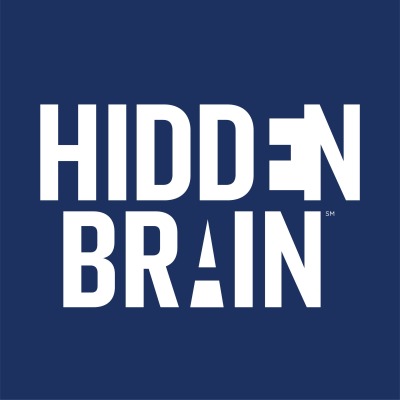- A Curious Tractor
- Posts
- Headwinds and Tailwinds
Headwinds and Tailwinds
The Enemies of Gratitude
If you make at least $30,000 a year, congratulations.
Your income is 10 times the global median and places you in the top 5% of incomes worldwide.
If you are older than 35, congratulations once more. For much of human history, many people didn't live past the age of 30.
It's a haunting question, one that echoes in the corridors of contrasting worlds I've walked through—the dichotomy of existence is stark.
While some of us worry about the existential, others struggle for the essential.
In the haunting lyrics of Ian Curtis's "Atmosphere," there's a line that resonates:
"Walk in silence, don't walk away, in silence. See the danger, always danger, endless talking, life rebuilding, don't walk away."
It's a tragic beauty that captures the essence of life's complexities—a beauty I've seen in the eyes of children in third-world markets and in the resilience of communities where each day is a battle. Yet, even as we acknowledge these "headwinds," let's not forget that many of us are beneficiaries of "tailwinds" that propel us forward—tailwinds like making more than $30,000 a year or living past the age of 35.
Even when our lives are objectively better than the lives of most people who ever lived, we are all prone to seeing the clouds, not the silver lining. This is true not just when it comes to global and historical statistics, but in our daily lives. We notice small delays at the airport but ignore the miracle that we can literally fly across the world. We take our health for granted and only notice the gifts of our limbs and our senses when they are taken away from us. We zero in on annoyances in personal relationships and rarely pause to acknowledge what is wonderful about our friends, families, and coworkers. Our ungratitude for our good fortune is so automatic and ubiquitous that it seems obvious there must be an underlying psychology to it.
This Hidden Brain podcast illuminates how our focus often rests on the headwinds, the obstacles and challenges, rather than the tailwinds, the privileges and advantages. But what if we could shift that focus? What if we could use our privilege as a tailwind to propel not just ourselves but others into a realm of well-being? Even in a world of privilege, we all bear shared burdens. But as the podcast suggests, these burdens often overshadow the benefits we relish. It's a phenomenon worth pondering, especially when you consider that you're part of the 5% of the world's top earners or that you've lived longer than many people in human history.
Imagine the ripple effect if each one of us, especially those privileged enough to read this, could practice gratitude consciously. Imagine the lives we could touch, the burdens we could lighten, and the worlds we could change. So, as someone privileged to grow up in a democracy, with human rights and a roof over my head, I find that the greatest privilege of all is the ability to be grateful. And with that gratitude comes a responsibility—to not just count my blessings but to make my blessings count.
References


